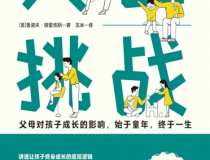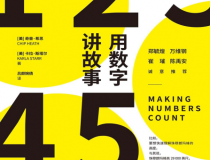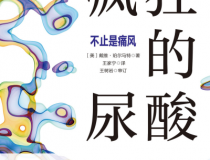
1-3.主语具备的性格、能力和本质特征等。
He likes playing soccer.(他喜欢踢足球。)
1-4.客观事实、普遍真理、名言、警句或谚语等。
The earth goes around the sun.(地球绕着太阳转。)
1-5.按规定、时刻表、计划或安排要发生的动作。
通常会用一般现在时表示将来的状态。常用的动词有:begin, start, stop, arrive, come, go, leave, return, open, close, be等。例如:
School begins the day after tomorrow.(学校后天开学。)
1-6.在由when, before, after, until, as soon as等连接的时间副词从句和if引导的条件副词从句,以一般现在时表示将来的动作。
Remember to turn off the light before you leave.(离开之前记得关上电灯。)
1-7.在由here、there引导的倒装句中,表示此刻正在发生的动作。
There goes the bell.(铃响了。)
2.过去时使用时机
2-1.表示过去特定时间发生的动作或状态。
My dad won the music award last year.(我爸去年赢得了一项音乐奖。)









